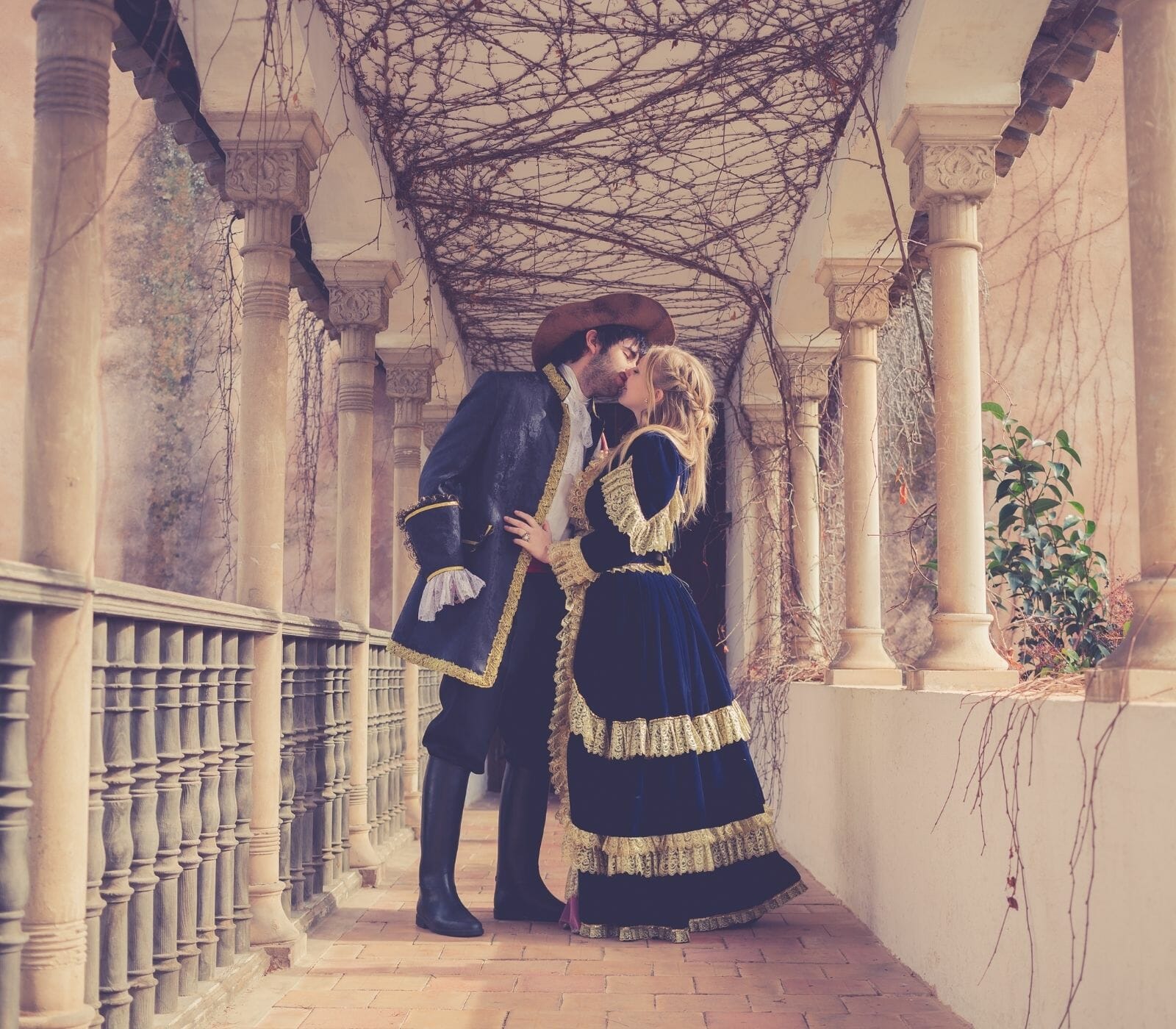How to Write A Historical Novel ?

How to Write A Historical Novel?
A Historical Novel, why not write one?
Writing a Historical Novel has its charm. Although we, writers, are always encouraged to write about what we know, fiction’s pleasure is related to the escape from the everyday monotonous life. Besides, historical scenarios are a great way to transport yourself to another reality.
Historical Novels: Between Real Life and Fiction.
Historical books are in a middle ground between fantasy and reality.
These fictional stories resemble our world, respect our physics laws, and are based on events, customs, and traditions that belong to our reality.
The difference is that we are not living at that time, so the whole scenario is entwined in the unknown’s mysterious charm.
It is no wonder that vintage items are always in fashion.
Liking historical novels does not mean that the author or readers want to live at that time. Still, we want to experience an alternative experience. This is both an opportunity to learn and explore fantasy and give your imagination permission to create freely.
In the world of self-publishing, you have the complete creative freedom to publish historical novels the way you want. Even if your text was written in a week and without any research on your story. But, if you’re going to write quality historical fiction, you have to do your homework.
There are three rules for writing a novel. Unfortunately, no one knows what they are.
W. Somerset Maugham
Choose a specific “Historical Moment” and focus on it!
First of all, you need to decide when your story will take place. Accuracy is essential at this point. Just think of all the changes that have taken place from the end of the 90s to the present.
All of these changes occurred in a short period of time, and a person as young as 20 has lived long enough to witness these changes. And although there were no such rapid technological changes 100 years ago, time never stops, nor has it ever stopped.
So, don’t forget. Choose a particular time for your story. Focus all your energies at that time. And then, the next step will come naturally.
Research is essential to write a historical novel book
There’s no way. If you want to publish a historical novel book and convince your readers of what you have written, you need to research. However, this does not mean that the creative process in this book has to be tedious.
First of all, you should ask yourself if you really want to write a historical novel book.
Do you have the patience to study other timeframes?
Visiting museums, checking catalogs, reading books written at the time, books that take place at that time, observing paintings, typical sampling dishes, talking to experts, learning all about important historical events, and basically immersing yourself in this very different scenario?
If the answer to these questions is yes, then a historical novel is the right choice for you! Otherwise, it is better to consider other possibilities. There are a thousand different scenarios that do not require as much research. The time where you live, for example.
We know that research taken seriously can sometimes be a little overwhelming for even the most passionate researchers. Still, part of why you want to write this story must be the passion for this period scenario. Otherwise, you will not be able to convey the necessary authenticity to your readers.
Think about how your characters interact with the times.
A good work of fiction is made up of incredible characters.
If you want to write a captivating historical Novel book, it is essential to significantly develop your characters.
They must be unique and complex, like a real person. Still, with personalities and attitudes, they must make sense within that historical context.
Creating characters for historical novels does not mean assembling puppets that faithfully reproduce society’s standard behavior at a given time.
For example, we know that women of high society in the Victorian Era should be pure and chaste in England. They should also be masters of “female” tasks, such as sewing, and avoid expressing their opinions in front of men. This does not mean that every woman of this era was like that.
Much less does it mean that a character from this era must be like that?
Explore the place that this character occupied in society as a social creature and make room for her individuality. Everything that makes her a unique being, even if she meets specific rules.
Be believable, but with Poetic Licenses.
This brings us to another important point: writing a historical novel is different from writing a history book, an encyclopedia. Do not forget that you are writing a work of fiction, a narrative, a text that should be read in light and immersive, whose purpose is to entertain more than to inform.
You have seen our Tutorials here, and you know that we are defenders of the “show, don’t tell” technique (“show, don’t talk”). In general, this refers to demonstrating the characters’ feelings with actions, rather than merely and directly describing them.
For example, it explains how your name punched the wall after an argument, and not just saying “he got angry.”
When it comes to historical novels, we should show readers a sensory way of the book’s scenario.
Describe the places where your characters walk, the feeling of riding in a carriage for hours, the smell of the streets full of mud. Don’t just focus on technical details, but on experience.
And remember, of course, that all of this is your character’s everyday reality. What is absurd, disgusting, or tiring for you could be just normal for people of that time.
You do not write a novel for praise or thinking of your audience. You write for yourself; you work out between you and your pen the things that intrigue you
Bret Easton EllisYou May Like to Read:
How to Write a Romance Novel?




